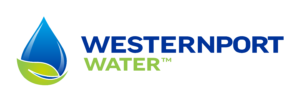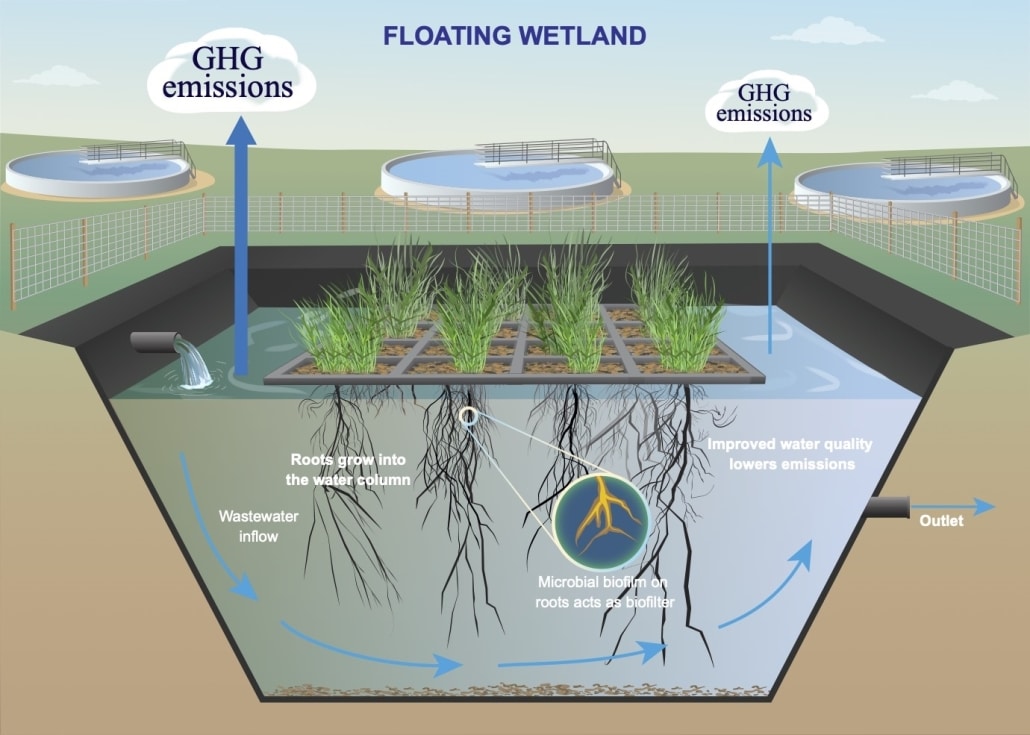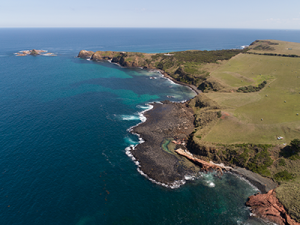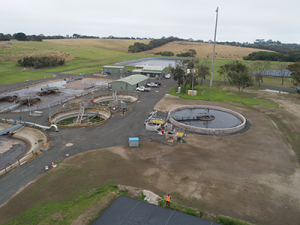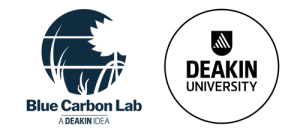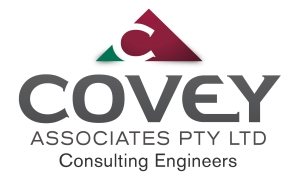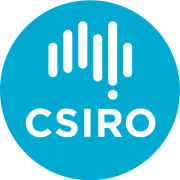Westernport Water has joined forces with scientists to explore how floating wetlands can be used in the wastewater treatment process.
The two-year research project involves the installation of a floating wetlands system on a wastewater lagoon at Cowes Wastewater Treatment Plant.
Together with scientists from Deakin University and CSIRO, Westernport Water will monitor the plants over 18 months to determine how effective they are at absorbing nutrients, which is expected to reduce emissions and contaminants from the water.
Why are we doing this project?
Managing treated effluent and emissions produced from wastewater treatment plants is a common challenge for the water industry. This study aims to show how a nature-based solution can be used, with benefits not just for the water sector but the broader community as we adapt and respond to climate change.
The researchers’ findings will be shared with the broader water sector and the local community throughout the project, with workshops and a community open day planned.
The findings of the pilot study will also inform the design and implementation of a permanent, large-scale restorative wetland system at King Road Wastewater Treatment Plant, due to commence in 2025.
What are floating wetlands?
Floating wetlands use wetland plant species that are suspended on the water column with roots submersed in the water. The plants take up nutrients and contaminants from the water and hold these in their plant material.
Every six months the nutrient-filled plants are harvested, allowing for new growth so the cycle can continue. The harvested plants have the potential to be re-used, composted or turned into biochar.
.
Image credit: Lukas Schuster, Deakin University
Expected benefits of the project
Improved Water Quality
Adding an additional and all-natural filtration step into the wastewater treatment process will improve the quality of water discharged into the ocean, keeping our natural environment healthier and reducing the risk of nutrient pollution.
Customers using recycled water to irrigate the land, or in new housing developments for gardening, will also benefit from cleaner, higher quality recycled water.
Less greenhouse gas emissions
Floating wetlands reduce greenhouse gas emissions by capturing and storing carbon that would otherwise be emitted into the atmosphere as greenhouse gas.
Westernport Water plans to cover its digester to reduce the direct emission of these gasses over the coming years and is exploring opportunities for onsite electricity generation from this energy source.
This floating wetland project will provide an additional avenue to assess how much carbon can be sequestered through a nature-based approach to support our target to be carbon neutral by 2035.
The Cowes Wastewater Treatment plant site currently emits on average an estimated 2,260 tonnes of CO2-e per year, from a combination of CO2, methane gas and nitrous oxide generated by biological processes during wastewater treatment
Other benefits:
- Increased biodiversity – wetlands vegetation provides habitat and food for birds and wildlife
- Bioremediation opportunities – re-using harvested wetland plants for future revegetation projects and/or through pyrolysis to provide high end project – biochar
- Enhanced water security –making the best use of recycled water for multiple purposes
- Cost-savings – less power consumption through the use of a sustainable nature-based system
- Provides a pilot test site that can inform and help realise what a circular economy could look like using a waste product (recycled water) for beneficial environmental outcomes.
- Informs the design and implementation of a permanent, large-scale restorative wetland system at King Road Wastewater Treatment Plant, due to commence in 2025.
Furthermore, wetlands are some of the most degraded and important systems on the planet and are culturally significant to Aboriginal and Torres Strait Islander people. Westernport Water is exploring opportunities for the involvement of first nations people in this wetland project.
Timeline
Project Partners
More information
Please email westport@westernportwater.com.au or call 1300 720 711 if you would like more information about the project.
